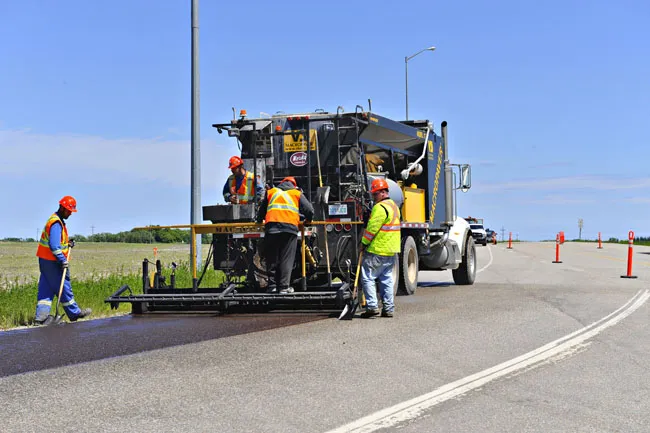
Just over a quarter of UK adults in a recent survey said they avoid driving after dark because of poor street lighting on their local roads.
The research, commissioned by technology company
Nearly one-third (30%) said they are less likely to visit them because of the quality of the lighting. In addition, more than one quarter (26%) of respondents overall said the quality of street lighting in their town or city made them feel less safe about going out after dark, compared to just 19% who said the lighting quality made them feel safer.
Despite concerns about the quality of street lighting, 17% of UK adults believed the council are inefficient at fixing broken street lights in their local town or city.
In addition, when respondents were asked what public areas they would be happy for lighting to be switched off to help the council reduce costs, the “no areas” option received 32% of the vote. Minor roads were cited by 19% of respondent and motorways by 18%.








